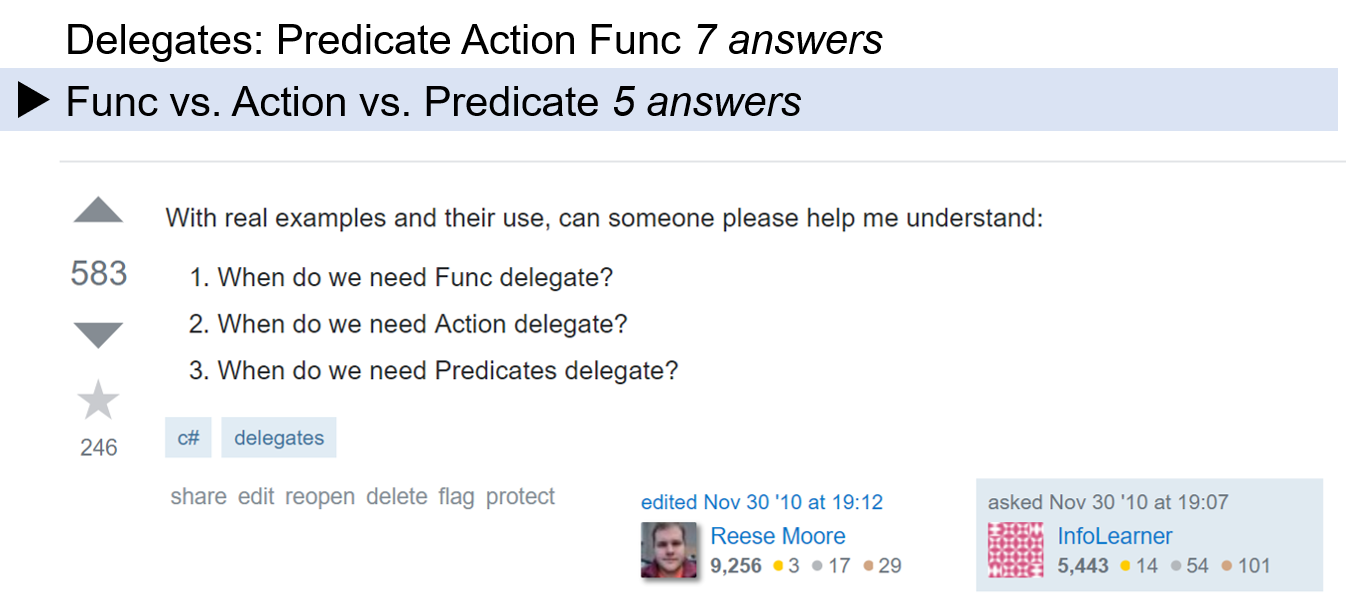I've changed this from a feature-request to a discussion, since my ideas weren't (and probably still aren't) well formed enough to constitute a solid proposal. Thanks for pointing me in that direction, @YvetteColomb.
Here's my latest thinking:
Currently, when you close a question as a duplicate, those who happen to come to duplicate first get to see the original, but those who come to the original first don't get to see the duplicate. It's not uncommon for a duplicate to actually gain traction and receive good quality answers before it's closed, so it's not ideal that links are only "one-way". A solution to this would be to have "merged Q/A pages", where you present a list of virtually identical questions (with a hint as to their quality) and allow users to sequentially step through each one.
Mockup showing two questions merged onto a single Q/A page with second question selected:
A nice property of this is that it blurs the lines between what would otherwise be completely separate Q/A's by making it easy to switch between them. I don't claim this is as unified as a true merge (where you end up with just one question and set of answers), but given that no human is required to choose the "better" question and determine whether the answers from the other question are fully compatible, it seems like a good compromise.
This should perhaps be considered a separate suggestion, since it's not required for #1 to work and is apparently quite controversial, but if a quality question with quality answers is identified as a duplicate of an existing quality question with quality answers, neither should be closed. If we close one in this case, we are essentially choosing the "winner", but we have no real basis for doing this. Both questions should be allowed to live on, however, with the ease of switching between them (thanks to #1 above), this makes it somewhat as if they are one Q/A.
This one may already exist (though I haven't been able to find documentation for it), but in the interest of making users (especially new users) feel welcome/included, we should ask users before "closing as duplicate" rather than making the decision for them. If users are given a chance to say, "Oh this answer from this other question answers my question", go ahead and close, but if they can adequately explain why none of the existing answers solve their problem, we should not close it. However, in either case, we should merge them (as in put them on the same Q/A page).
Original
Given that Stack Overflow has acknowledged it has an inclusivity problem, one thing that might help is to improve how duplicates are handled, which currently could be seen as punitive or harsh (even though that's not the intention).
I've had questions closed as duplicates before, and despite understanding the reason for it, I still felt a twinge of shame. (Even that time I voted to close my own question as a duplicate, it felt somehow unpleasant.) Now imagine if I were a new user and didn't understand the reason for it. I might feel genuinely alienated. When people are made to feel bad enough times, they don't come back.
Besides the inclusivity problem, there are practical problems with the way we currently handle duplicates. What if the older question (the one that doesn't get closed) has no answers that solves your problem? Once the question is closed, no further answers can be added, leaving you with little recourse. Also, I often see newer, duplicate questions that happen to gain more traction (votes, high-quality answers, etc.) than the original, yet the system favors the original.
From this post, there is apparently a mechanism for merging questions. However, it requires someone to painstakingly review both question and all the answers to determine whether the answers go with the "better" of the two questions. (I may not have this quite right -- there isn't much information in the help center for this feature.)
The type of merging I have in mind is much simpler. Just show all duplicates on the same Q/A page, and provide a mechanism to switch between the questions that makes it easy to sequentially step through each one. This eliminates the need to click through a complex web of links to find the best answer.
[see mockup above]
This opens the door to some interesting features. One that might be particularly useful is the ability to mark the answer to a merged question as the answer to your own question. The system could then "downgrade" the question by removing it from "new, unanswered" question lists (while still allowing an answer to be provided down the road, such as if existing answers become outdated). Features could also be added to better indicate the quality of the duplicate Q/A's (in addition to just N answers), so searchers coming to the page could better direct their effort toward the strongest Q/A in the list.
